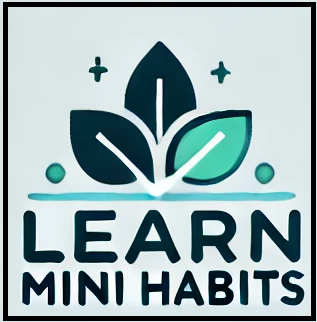What if I told you that everyone has some form of addiction?
At first, you might dismiss this idea. Addiction, after all, seems to apply to those struggling with substances like heroin or cigarettes. But everyday habits can also be addictive, and recognizing these patterns is the first step toward change.
Redefining Addiction
Addiction is more than the use of substances like nicotine or alcohol. The simple definition is continued use despite adverse consequences. This broader view reveals that addiction can be linked to any behavior or habit that persists even when it causes harm.
“Addiction is a disorder of the mind’s ability to control impulses,” says a behavioral expert. Whether it’s scrolling through social media, online shopping, or eating junk food, many everyday activities can become addictive when done in excess.
The Root of the Problem
Understanding addiction starts with recognizing the triggers. Often, it’s not the substance or activity itself but the underlying emotional or psychological need that drives the behavior. For instance, someone might overeat not just because they love food, but because they seek comfort in stressful situations.
“The first step toward change is awareness. The second step is acceptance.”
Everyday Addictions in Modern Life
Today’s fast-paced world provides endless opportunities for addiction. Unlike in the past, when satisfying a craving required effort, modern conveniences allow instant gratification. From online shopping to streaming services, everything is just a click away.
Consider this: decades ago, buying a new pair of shoes involved planning a trip to the store. Now, with just two clicks, a pair can arrive at your doorstep the next day. This immediate availability feeds into the addictive cycle, making it easier to fall into habits that are hard to break.
The Brain’s Role in Addiction
To understand why we fall into these patterns, it’s essential to look at how our brains work. Our brains are wired for survival, using a system known as reward-based learning. This system helps us repeat actions that provide pleasure or help us avoid pain.
“The mind is its own place, and in itself can make a heaven of hell, a hell of heaven,” wrote John Milton. Our brain’s old survival mechanisms now react to modern stimuli like notifications, social media likes, or a sale on our favorite items, creating a cycle that’s hard to break.
Breaking the Habit Loop
Breaking free from everyday addictions requires awareness and a conscious effort to change. Here are some strategies to help:
1. Pause and Reflect: Before engaging in the addictive behavior, take a moment to pause. Ask yourself if this action is what you really need or if it’s just a temporary fix.
2. Replace the Habit: Find healthier alternatives to replace the addictive behavior. For example, if you tend to scroll through social media when bored, try reading a book or taking a walk instead.
3. Practice Mindfulness: Mindfulness techniques, such as meditation or yoga, can help you stay present and reduce the impulse to engage in addictive behaviors.
4. Recognize Triggers: Identify what prompts your addictive behavior. Is it stress, boredom, or loneliness? Understanding the cause can help you develop healthier responses.
New Challenges, New Solutions
The modern world presents unique challenges, but it also offers new solutions. Leveraging technology for good—such as apps that track habits or provide meditation guidance—can support you in overcoming everyday addictions.
As one motivational speaker puts it, “The first step toward change is awareness. The second step is acceptance.” Acknowledging that you have an everyday addiction is not a weakness but a powerful step toward taking control of your habits.
Understanding addiction starts with recognizing the triggers that drive the behavior.”
Final Thoughts
In a world designed to keep us hooked, understanding and addressing everyday addictions is more critical than ever. By recognizing the patterns and making small changes, you can break free from these cycles and create a healthier, more balanced life.
Remember, the journey to overcoming addiction is personal and ongoing, but with the right tools and mindset, it’s entirely possible. As another wise saying goes, “Every journey begins with a single step.” Take that step today toward breaking your everyday addictions.

